In the realm of behavioral economics and decision theory, there exists a fascinating concept known as "regret theory." This theory offers valuable insights into how individuals make choices and decisions, highlighting the role of emotions and the fear of regret in shaping our behavior. In this article, we'll delve into the concept of regret theory, its key principles, and its implications for understanding human decision-making.
What is Regret Theory?
Regret theory is a psychological and economic concept that seeks to explain how people make decisions when faced with uncertainty or multiple choices. It was developed as an alternative to expected utility theory, which assumes that individuals always make rational choices based on maximizing their expected utility or happiness.
Regret theory, on the other hand, acknowledges that humans are not always purely rational decision-makers. It posits that people often make choices based on emotions, particularly the fear of experiencing regret. In essence, regret theory suggests that individuals consider the potential future regret associated with different choices when making decisions.
Key Principles of Regret Theory:
Anticipatory Regret: Regret theory emphasizes the role of anticipatory regret, which is the fear of feeling remorse or disappointment after making a decision. Individuals anticipate how they might feel if their chosen option turns out to be less favorable than an alternative.
Comparative Evaluation: Regret theory involves comparing the expected outcomes of different choices and assessing which option is less likely to lead to regret. People may opt for a less risky choice if they fear the potential consequences of a riskier decision.
Emotion and Decision-Making: Unlike traditional economic theories that assume rational decision-making, regret theory acknowledges the influence of emotions. People may choose options that mitigate negative emotions, such as regret, even if it doesn't maximize their expected utility.
Temporal Perspective: Regret theory also considers the temporal aspect of decision-making. People may weigh the short-term and long-term consequences of their choices and seek to avoid long-term regret, even if it means sacrificing short-term gains.
Examples of Regret Theory in Action:
Investment Decisions: Investors often grapple with the fear of regret when choosing between conservative and aggressive investment strategies. They may opt for safer investments to avoid the regret of potential losses, even if it means missing out on higher returns.

